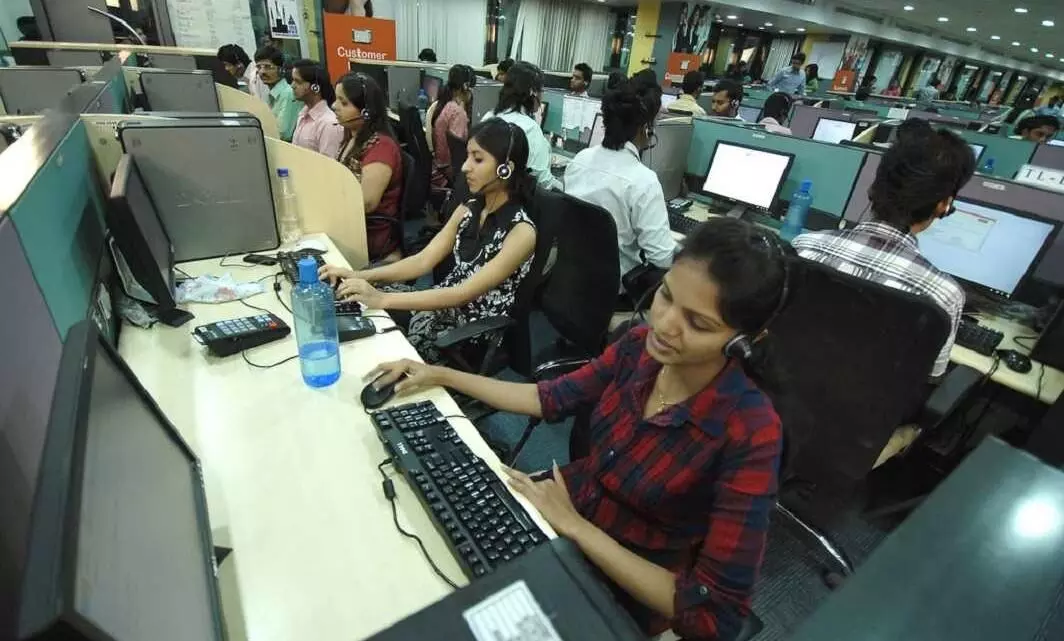
Ensuring women's safety; draft labour rules ask extra care
text_fieldsThe draft rules, part of the Occupational Safety, Health, and Working Conditions Act, 2020, come up with new rules that ensuring women's safety. Besides transport, working places including factories and construction firms should have to provide a creche on the working premises for women who have given their consent after 7 pm. They also have to ensure the workplace has good light, adequate sanitation, and canteen facilities.
The new act also focuses on women's health as it mandates no employer should knowingly use a woman in any establishment in the first six weeks following the day of her delivery, miscarriage or medical termination of pregnancy.
The Occupational Safety, Health and Working Conditions Act, 2020, allows women employees to work at night, that is, beyond 7 pm and 5 am, subject to conditions relating to safety, holiday, working hours and their consent. The respective state government can prohibit the employment of women if the operations are dangerous for their health and safety.
"The Act empowers women workers by giving them the choice to decide if they want to work at night. But the rules will spell out the specific conditions that employers will have to provide for if women staffers give their consent to do the night shift," a senior labour ministry official told on the condition of anonymity.
These rules are only be finalized after the feedback from people. For this purpose, the rules are likely to be put in the public domain. However, without notifying the rules, the law will not become operational.

















